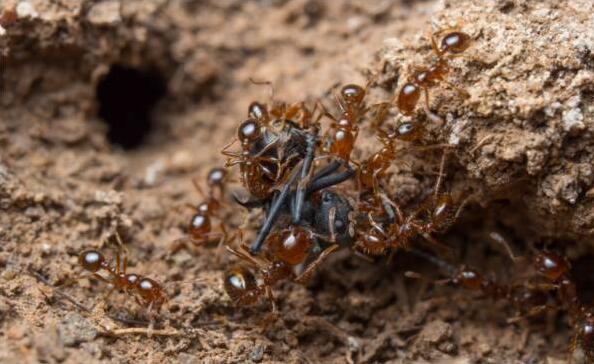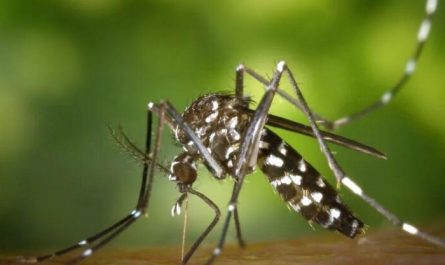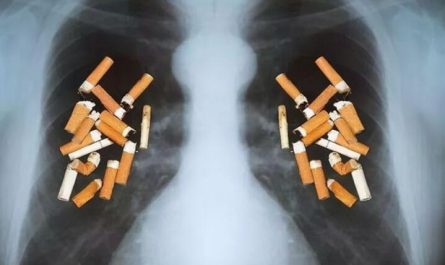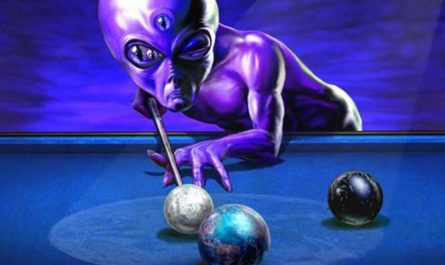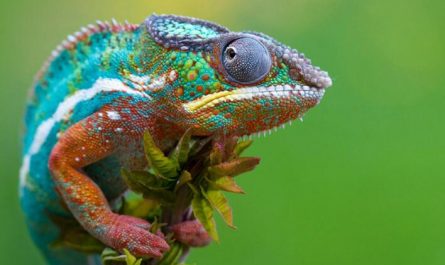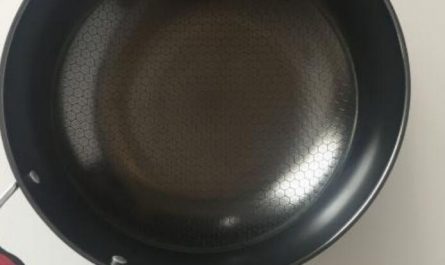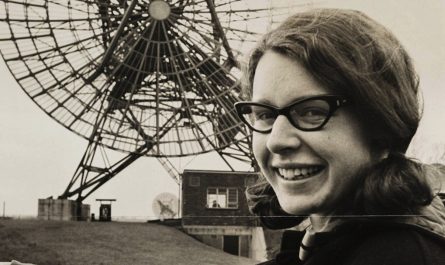Ants are very social insects. They have their own clear division of labor and lead an organized and disciplined group life. In normal life, many people have seen ants constantly busy, looking for food, moving back to food, etc. However, careful people find that the ants will also lift the dead companions aloft and carry their companions home. Could these humble animals still know to help their companions collect their bodies? Of course, some people think that ants may be transporting their companions home as food to eat. After all, they do not have a high IQ. In nature, many insects can eat cannibalism. There can only be one truth, and we use science to explain it all.
Ants, like bees, have only one queen in an ant nest. The queen ant is specifically responsible for laying eggs, and the general life span can reach five or six years. The male ant is specifically responsible for mating with the queen. Worker ants are harder, they are responsible for moving houses, building nests, finding food and caring for larvae all day long. Both male and worker ants have a life span of one year. This kind of organization with a clear division of labor ensures a normal and orderly life within an organization and ensures the stability of the next generation.
Busy ants go out to find food every day. They have their own language, and they communicate and communicate with each other through the pheromone emitted by their body glands. Ants have a very sensitive sense of smell and can easily find food. Ants eat meat and vegetables, and they prefer to eat sweet food. They all leave pheromones on the food after they find it. Ants nearby will be attracted by the pheromone, and then many ants will carry food home together.
If an ant dies outside, nearby ants will also come and move its body back. The ants that are moved back will not be eaten by the same kind as food. This is because the ants move back to the pheromone corpse out of their own instinct, and they cannot distinguish whether they are carrying the same kind or food. Pheromone is left in the body of dead ants. If they are alive ants, they will communicate through the antennae on the top of their heads to distinguish each other and food. For dead ants, there is no communication function such as antennae.
In the process of transportation, the pheromone on the ant’s carcass will disappear with the passage of time. At this time, the worker ants will find that what they bring back is not food. After the pheromone has faded, the unique smell on the ant’s carcass will be more obvious. With the same kind of information on the corpse, the general corpse will not be attacked by other ants.
From this we can know that the reason why the ants moved the corpse of their companions back was not because of mutual feelings, nor was it actually moved back to eat them. This was just a misunderstanding caused by pheromone.
